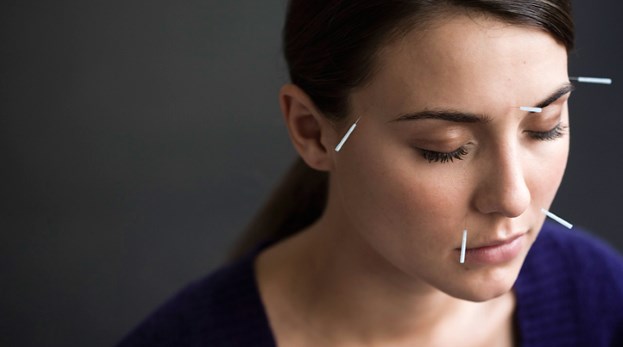ACUPUNCTURE FOR RELIEVING ANXIETY
Why acupuncture for relieving Anxiety is more than just being a nervous disorder. Just as migraine sufferers get righteously indignant when someone claims to be a fellow sufferer but can still get to work, eat and stand the daylight, so anxiety sufferers know that they bear only the slightest resemblance to people who feel a bit nervous. Clinical anxiety is a crippling affliction which can sometimes defy all of the medications and talking therapies that someone can throw at it.
Treating acupuncture for relieving anxiety found to be successful. The main reason is that in conventional medicine, there is no single treatment for each sufferer as each person has differing symptoms. However, in traditional acupuncture every patient is considered to be unique, and this means that the practitioners will be looking and listening very carefully to everything that the patient says to establish a diagnosis and find the specific keys to unlocking the patterns of the symptoms the patient is suffering. They will aim to identify the imbalances which cause the symptoms of anxiety, not just treat the symptoms themselves. This whole ‘package’ – taking the patient’s individual story seriously and giving them time to tell it, trying to hone precisely the diagnosis, and selecting the optimum way to use the least needles to achieve the greatest effect – has been found to be very effective.
HOW ACUPUNCTURE RELIEVING ANXIETY
Acupuncture for relieving anxiety believed to stimulate the nervous system and cause the release
Acupuncture treatment may specifically benefit anxiety disorders and symptoms of anxiety by:
- Regulating levels of neurotransmitters (or their modulators) and hormones
- Stimulating production of endogenous opioids that affect the autonomic nervous system, Stress activates the sympathetic nervous system, while acupuncture can activate the opposing
- Acting on areas of the brain known to reduce sensitivity to pain and stress, as well as promoting relaxation and deactivating the ‘analytical’ brain, which is responsible for anxiety and worry
- Reversing stress-induced changes in behaviour and biochemistry

